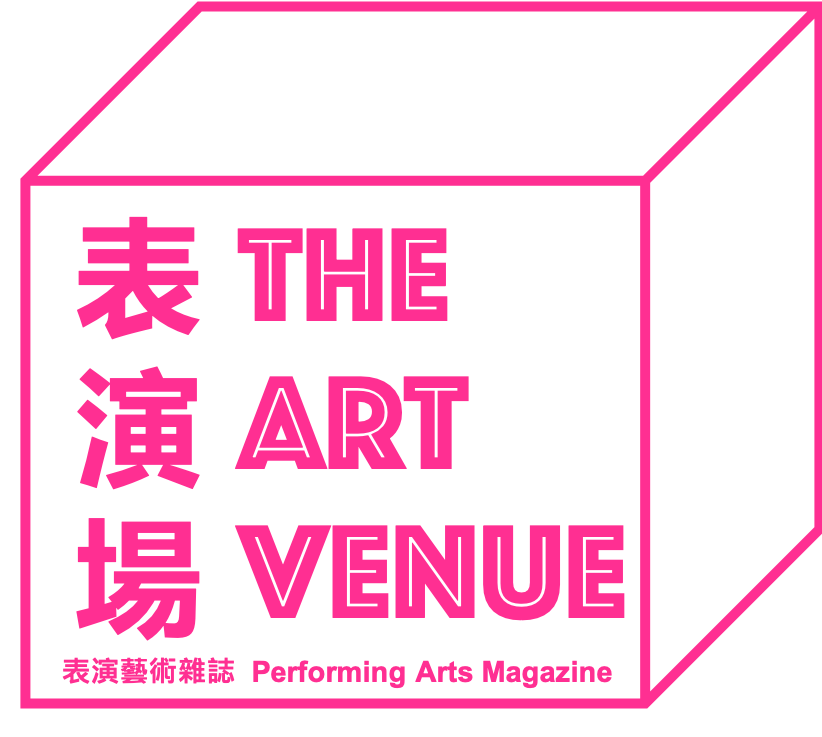表演場雙週刊第九期 - 「明」人飯局 The Art Venue Bi-Weekly Issue 009 - Win.Guest.Food (20190704)
嘉賓 Guest
西九表演藝術藝術總監方美昂 Alison M. Friedman, Artistic Director, Performing Arts, West Kowloon Cultural District Authority
心水餐廳 Restaurant
唞唞咖啡(位於西九海濱長廊) Rest Coffee House (Located at the West Kowloon Waterfront Promenade)
方美昂(Alison M. Friedman),現任西九文化區管理局 表演藝術部藝術總監,此前創立乒乓策劃公司,並曾在中 國工作15年。她於2017年來到香港,加入西九工作。為了 讓大家進一步認識這位來港一年多,能說得一口流利普通 話的美國人,今期《「明」人飯局》特別邀請了Alison擔 任嘉賓,分享她的藝術之路。
Alison M. Friedman is currently the Artistic Director of Performing Arts at the West Kowloon Cultural District Authority (WKCDA). Prior to joining the WKCDA, Alison spent more than 15 years working in China, where she founded Ping Pong Productions to promote cultural exchanges. A native of Washington D.C., Alison speaks fluent Mandarin, and she moved to Hong Kong in 2017 to take up hercurrent position. Win.Guest.Food isdelighted to chat with Alison abouther career in the arts.
陳: 你是如何開始加入藝術界工作?
方: 我讀書的時候已喜好藝術,一直有參與不同的演出。後來在大學修讀 中文,獲得富布萊特獎學金資助,於 2002年至2003年,到北京大學歷史 系和北京舞蹈學院擔任訪問學人。
我在北京的第一份工作是中國國際廣 播電台的DJ(音樂節目主持人),後 來又當過獨立製作人,也曾在不同的表演團體工作過,包括作曲家及指揮 家譚盾的工作室。後來於2010年成立 自己的公司─乒乓策劃,現在來到西九。
陳:為什麼你會創辦乒乓策劃?而後 來又決定到西九工作呢?
方:在北京擔任訪問學人時,我發現 通過表演藝術,可有效鼓勵不同國家 的文化交流;所以我創辦了乒乓策 劃,以開展文化交流為使命,希望能 夠藉此搭建橋樑,以表演藝術來促進 東西方的互動關係及理解。
當西九進行全球招聘,物色合適人選 出任藝術總監一職時,我覺得透過加 入西九搭建更大、更多的文化橋樑, 所以便申請了這個職位。很幸運地, 我現在可以來到這裡,參與西九的工 作;至於乒乓策劃,我已撒手不管, 交由我的前同事接手管理及營運。
陳:你曾在中國工作15年,現在來到 香港工作已一年多。你覺得兩地的表 演藝術環境有甚麼差別?
方:比較香港跟中國的表演藝術環 境,最大的不同之一是藝術資助。中 國的表演藝術機構主要分為兩種,一 種是國家經營及管理,另一種是全商 業營運;香港則有藝術發展局這種獨 立機構提供資助,所以相對而言,為 表演藝術提供較多的支持。不過,現 時香港表演藝術資助的目標,主要集 中於節目製作;因此,西九的表演藝 術團隊希望利用我們的空間,去支持 藝術創作,提升藝術創作過程的水平 及作品的質素。
W: How did you start your career in the arts?
A: I am an arts lover who frequently participated in different performances at school. When I was at Brown University, I studied Chinese and became a 2002-03 Fulbright scholar to China, where I was in residence at Peking University and the Beijing Dance Academy.
My first job in Beijing was as a DJ at China Radio International. I then worked for different performing arts companies, including the office of composer and conductor, Tan Dun. In 2010, I founded my own company, Ping Pong Productions, and now I am here with the WKCDA.
W: Why did you found Ping Pong Productions? And why did you join the WKCDA?
A: When I was in Beijing as a Fulbright scholar, I realised that performing arts is a very effective way to encourage deeper understanding between
different countries and cultures.
This realisation inspired me to use performing arts to bridge different sides of the world to promote interaction and understanding. I founded Ping Pong Productions with a mission of cultural exchange. We averaged more than 200 productions every year and brought our productions to more than 60 countries.
I applied for the position of Artistic Director at the WKCDA when they kicked off their global recruitment efforts, as it was a platform to build bigger bridges. I am lucky to be here as part of the WKCDA. My former colleague has taken over Ping Pong Productions, and I am no longer involved.
W: You have more than 15 years of working experience in China and have been working in Hong Kong for more than a year. Do you see any differences in the ecology of the performing arts sector in these two places?
A: One of the main differences between the two places is arts funding. In China, an arts organisation is operated either by the government or by a private entity. There is no independent organisation like the Hong Kong Arts Development Council to provide support to the arts. Compared to China, the support for performing arts is stronger in Hong Kong. Having said that, the support is mainly for final productions. Our performing arts team would like to use our spaces to facilitate the creative process. We are hoping that such support will advance creativity.

